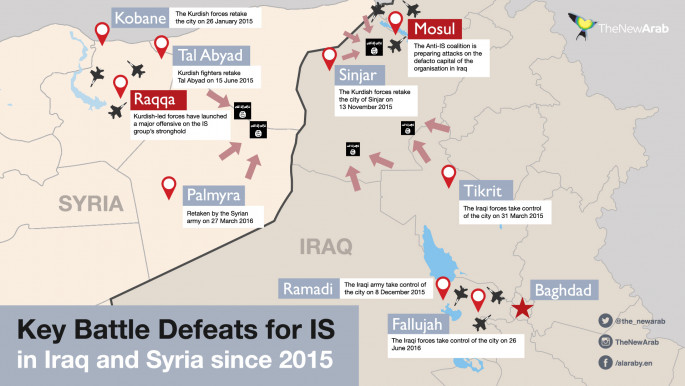UNESCO meet in Istanbul to address heritage under threat
UNESCO representatives met in Istanbul on Sunday, as over the border in Syria, the Islamic State group continues to control large areas of the country.
It is almost certain that IS was behind a triple suicide attack at the city's airport two weeks ago that left 47 people dead.
The jihadi group have become infamous not only for their extreme violence but also senseless destruction of Syria and Iraq's cultural heritage.
Militants from the group have destroyed temples in Palmyra, mosques and Islamic shrines in Mosul, monasteries in Homs, Assyrian sculptures and libraries.
Fighters have ransacked museums, destroying some relics and selling others on the international black market, bringing in revenues for the jihadi group.
At the same time, the Syrian regime's ruthless bombing of opposition territories has not just destroyed homes and hospitals, but medieval mosques and markets.
Irina Bokova, director general of UNESCO, said that the threat to heritage sites is everywhere there is fighting, from Mali to Yemen.
"Our response should be strong on the ground and also strong in a moral sense," she said.
The 11-day meeting will help UNESCO members address the issue of war and destruction of cultural landmarks, and to admit new sites to the cultural heritage list.
The choice of Istanbul for the venue of the conference was significant.
"The fact we are here... in a city which is a bridge between East and West... is an important message to share with the world when we see violent extremists target human rights and cultural diversity," she said.
She and Turkish officials said UNESCO had an important role in protecting other sites.
 |
Bokova also paid tribute to the caretaker of Palmyra, Khaled al-Asaad, who was murdered by IS militants last year.
"It reminds us that human beings are not only made of flesh and blood but also values to be transmitted. And this is transmitted through heritage."
Among the candidates for heritage status is the now ruined Armenian city of Ani which is situated in eastern Turkey.
It is a sensitive point given the recent debate of mass killings of Armenians in the First World War and whether these violent acts constituted a genocide.
Such is the sensitivity that the Turkish-Armenia border is closed and the two countries do not share diplomatic relations.
Bokova hopes that the values of cultural legacies can help build bridges between people and countries.
"What is at stake is more than adding new sites on the lists," Bokova said.
"It is about affirming human values and human rights. It is about healing wounded memories, harnessing heritage to regain confidence, to recover and to look into the future."
Agencies contributed to this story.





 Follow the Middle East's top stories in English at The New Arab on Google News
Follow the Middle East's top stories in English at The New Arab on Google News


